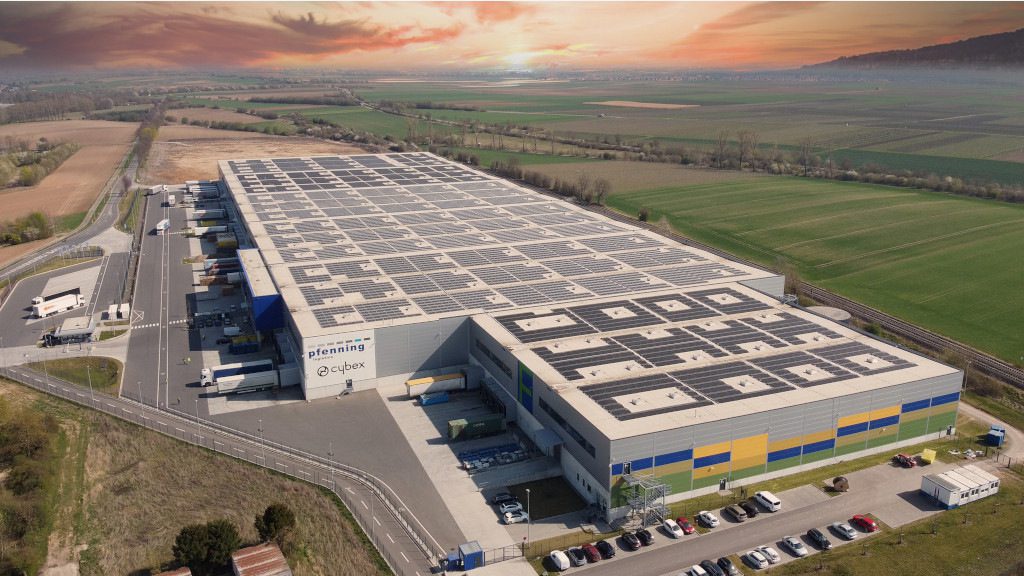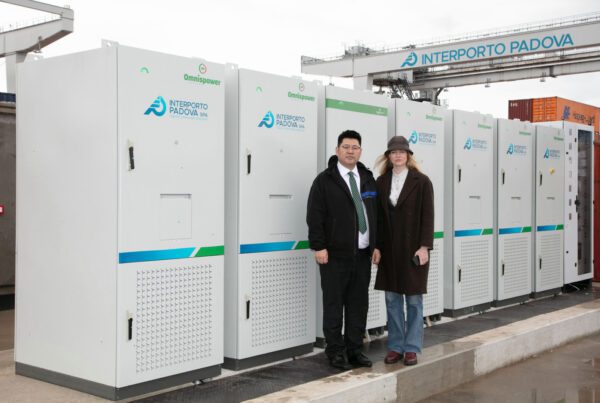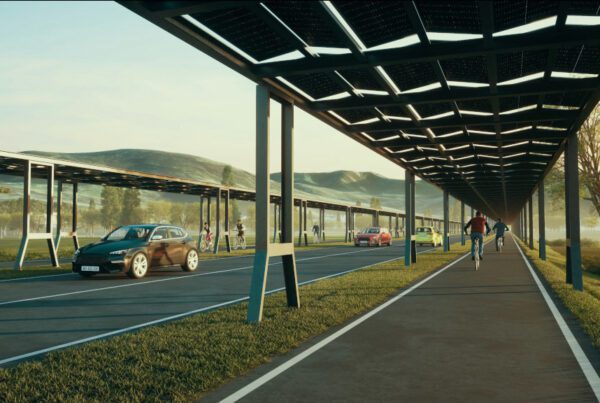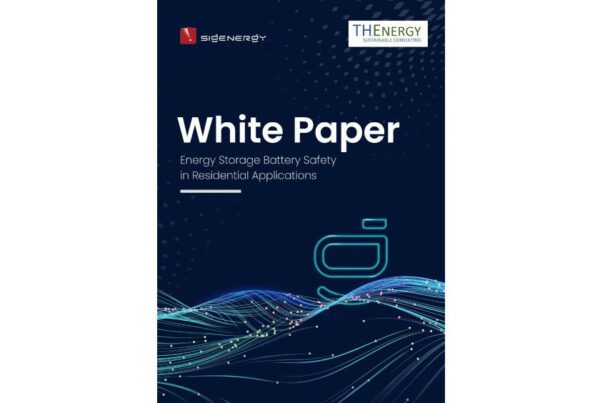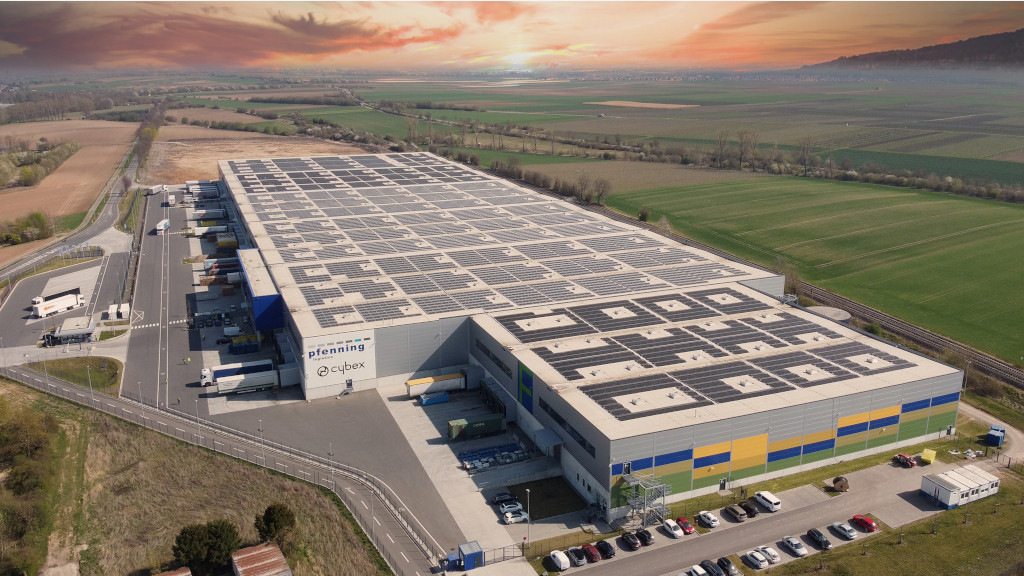
The solar project developer Wirsol, together with the consulting firm 3 E Punkt and the law firm CMS, has developed a virtual power purchase agreement (PPA) for companies with several branches. This allows these companies to supply themselves with clean and inexpensive green electricity using a joint photovoltaic system.
Reducing energy costs
Until now, such virtual PPAs, which enable the exchange of solar power across locations, have been tied to a complex energy management contract and supply chain. Wirsol, however, has simplified the model. The company’s virtual PPA gets by completely without intermediaries or intermediate stages and without any special energy management effort. This is because the financial settlement between the producer and the consumer takes place entirely without a physical supply chain.
See also: Commercial roof systems are still economical
Attention paid to simple processing
The prerequisite is that the companies involved must be affiliated. Otherwise, the entire contract would be subject to financial market regulation. “Our virtual PPA is uncomplicated to implement for affiliated companies. The energy-related processing and the settlement of the contract for difference are very simple with this approach,” explains Johannes Groß, Managing Director of Wirsol Roof Solutions. In the virtual PPA, a standard contract is first concluded with a direct marketer by the producer, i.e. the operating company of the photovoltaic system at the production site. The direct marketer pays the realised market price for the solar electricity minus a small service fee. Direct marketing takes place at variable spot market prices.
The consumer, in turn, concludes a classic standard electricity supply contract with an energy supplier. This involves compensation for the difference in value and thus the distribution of opportunity and risk from the market value of the photovoltaic electricity. Depending on the market price, the operator or the consumer receives the price difference from the market value. This is regulated in a contract for difference, the actual virtual PPA, between the operator and the consumer.
Improving the economic efficiency of large solar plants
For the entire model, Wirsol Roof Solutions provides a package of model contracts and energy management advice from 3 E Punkt. “In the current crisis, virtual PPAs are a quick and uncomplicated solution for many companies to hedge energy prices across locations,” knows Tim Meyer, owner of 3 E Punkt. “With the model we have developed, we are reaching completely new dimensions in the economic efficiency of large photovoltaic roof systems for industrial and commercial companies,” adds Johannes Groß.
Also interesting: Spain: Groundbreaking Agri-PV corporate PPA
Companies with large roofs and little load in mind
The virtual PPA is particularly interesting for companies with several branches that have properties with large roofs and little electrical load in their portfolio. Wirsol has its sights set on the logistics industry, among others. In addition, it is always a matter of balancing the risk between the photovoltaic system and the electricity supply across locations. Wirsol demonstrates how this works in concrete terms within the framework of a virtual PPA with Pfenning Logistics. The basis is the new megawatt system on the branch in Monsheim. The company does not consume all of the electricity produced there on site. Virtually, other Pfenning Logistics branches without photovoltaic systems can still use solar power. (su/mfo)
